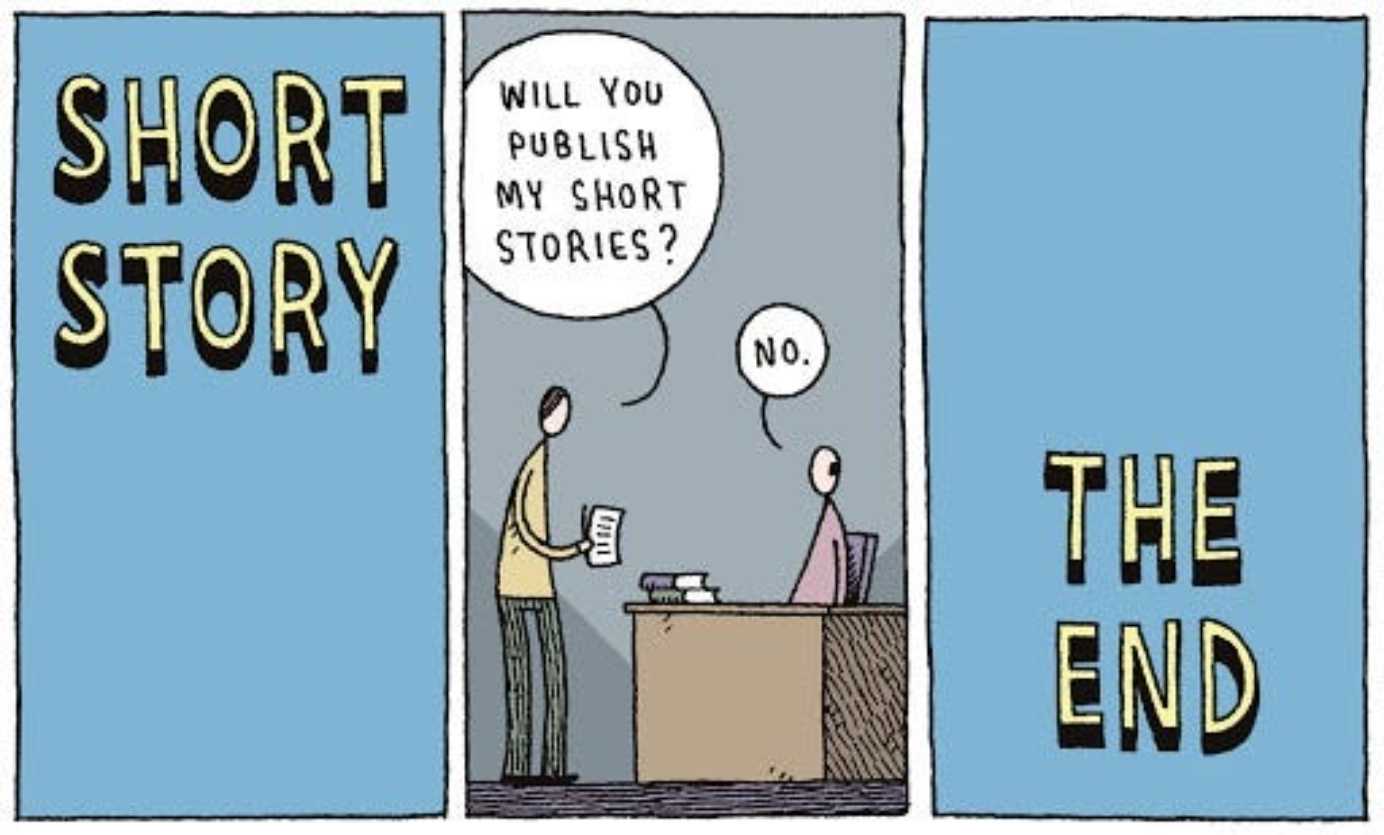There’s a troubling trend that has been growing for years, but it seems to be getting worse with each passing day.
More and more, PR agencies, advertising firms, and marketing companies are exploiting the hard work of private websites, bloggers, and news publications—reaping the rewards without ever compensating the publishers whose websites they rely on.
What was once considered straightforward journalism or valuable news reporting has increasingly become a vehicle for brand promotion, with subtle (and sometimes not-so-subtle) advertising embedded in the content.
Rather than providing real, useful information, much of this content is designed to serve a marketing agenda, with the goal of promoting a product, service, or company under the guise of a news story or editorial.
Take, for example, an article that claims to report on a “new breakthrough” in a particular industry. At first glance, it might appear to be an impartial, informative piece.
But, upon closer inspection, you find that the so-called “breakthrough” is little more than a well-crafted press release from a company that is heavily invested in the product or service being promoted
These types of articles are often written in a way that minimizes any potential drawbacks and maximizes the benefits, leaving out any critical information or opposing viewpoints. Essentially, it’s disguised advertising masquerading as a neutral news story.
What is this practice? It’s the way agencies and companies use other people’s intellectual property—content, articles, images, videos—without paying a dime for it.
They often take advantage of the traffic and reach built by independent creators and publications, turning it into revenue for themselves, while leaving the publication owners with no more than some promotional PR article.
The Hidden Cost of Content Creation
If you run a private website, a blog, or even a small news outlet, you know the costs involved in producing quality content. Hosting fees, domain registration, site maintenance, not to mention the countless hours spent writing, editing, and promoting content—creating a successful platform is no easy feat.
But for many creators and site owners, the return on their investment is modest at best, especially if they’re relying on ad revenue or partnerships to keep their sites running.
In contrast, PR agencies and marketing firms seem to operate under the assumption that everything on the internet is free for the taking.
They know how to market clients to maximise coverage, build brand awareness, or drive traffic, all while leaving the website owner who published the article on the internet high and dry.
They get paid by their clients for their “services,” but never share a penny of that profit with the people who published the story.
A Cycle of Exploitation
The problem isn’t just about a lack of compensation; it’s about the growing sense of entitlement that marketing firms and PR agencies have come to feel towards the content of others.
These agencies don’t view publication owners as partners but as mere tools to further their own profits.
This isn’t just bad practice—it’s exploitation. It undermines the value of content publishers and discourages independent writers, bloggers, and news outlets from continuing their work.
If marketing and PR agencies can continue to extract value without ever compensating those who make the work possible, what incentive do publishers have to keep producing?
Without proper compensation or credit, smaller websites and independent creators are at risk of being squeezed out of the digital ecosystem altogether.
The Impact on Independent Publishers
The rise of digital marketing has undoubtedly changed the landscape of advertising and content creation, but it has also placed independent publishers and smaller content creators in a precarious position.
This kind of behavior has consequences. It devalues the content being created and reduces the ability of independent creators to earn a living from their work.
If agencies continue to take advantage of content without compensating the publishers, the cycle of exploitation will only deepen, making it even harder for small sites and blogs to survive in an increasingly competitive and crowded digital space.
Meanwhile, many non-transparent freelancers—often using fake names or aliases and self describing themselves as “professional bloggers“— also try to pressure website owners into publishing sub-par, irrelevant articles filled with hyperlinks.
Their goal? To secure payment for nothing more than link placement, all while pretending they’re doing the website owner a favor by providing “free content.”
It’s a deceptive practice that adds no real value to the site and only benefits the freelancer, who profits from the links without offering anything of substance in return.
A Call for Change
It’s time to hold PR agencies and marketing firms accountable for how they treat independent site owners.. If a company wants to use someone else’s online property to promote their clients, they should pay for the privilege.
The internet is built on collaboration, but that collaboration needs to be fair. Content creators—whether they’re independent journalists, site owners, bloggers, or small news outlets—should be respected for the work they do and what it costs them.
For PR firms, marketing agencies, and anyone else using online content to build their brands or drive client success, the message is clear: if you want to use someone else’s platform to promote media, content or news, pay for it.
It’s time for a shift in how the industry views content, credit, and compensation. If not, we risk losing the very voices that make the digital landscape diverse and dynamic.
Google News celebrated its 20th anniversary on June 22. In a blog post reflecting on its history, the company revealed that every month, users click through from Google Search and Google News to publishers’ websites more than 24 billion time







